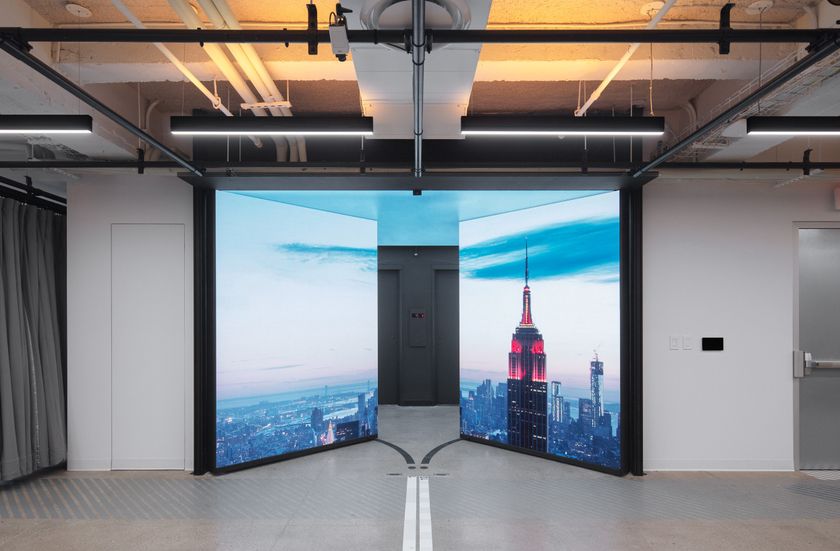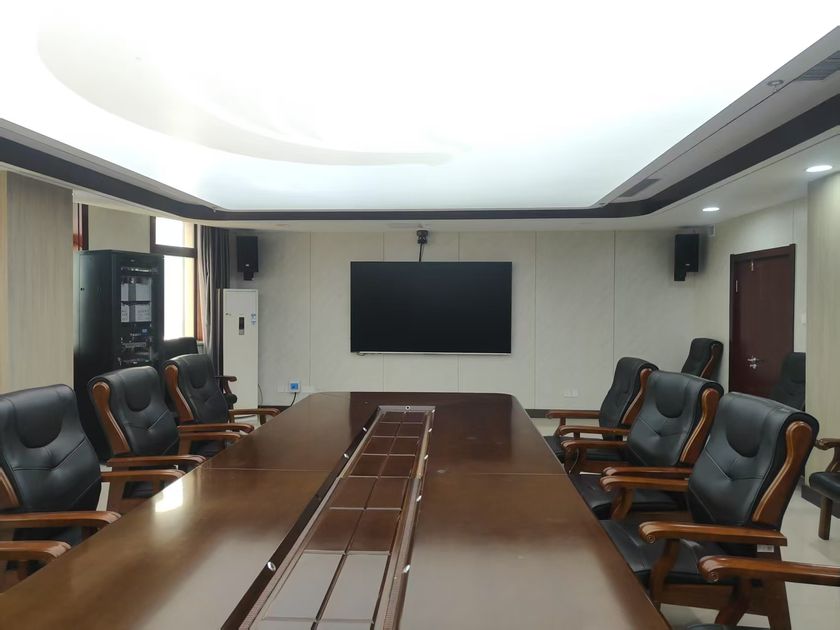With the evolution in presentation technology leading the way to more advanced systems in boardrooms, classrooms and even hospital rooms, the next question has to be where the content will originate. Fortunately, there are now simpler means of creating, storing and managing content. The "one-button recording" offered by Sonic Foundry's Mediasite line of products provides the first step in content creation, but now the company is ensuring that recorded material can be distributed easily throughout an organization.
With a goal to provide managed hosting, content management and delivery services coupled with its line of Mediasite Rich Media Recorders, Sonic Foundry launched the first part of its service portfolio this summer. The hosting services it now provides will enable organizations to quickly and easily take advantage of the Mediasite rich media communications platform, without having to negotiate the complexities associated with IT or network infrastructure issues.
"We've been working on this sort of a solution for over a year, providing back-end service for a couple of customers behind the scenes, one of which was Johns Hopkins Center for Clinical Global Health Education," explained Rimas Buinevicius, Sonic Foundry chairman and CEO. "Our formal offering of this service now is in response to a market demand that has become apparent. People are looking for a complete turnkey package in terms of capturing, managing and publishing content. Beyond that, they have identified certain IT barriers and other issues related to specifying servers and all the other bandwidth and content storage issues that come into play. They've been asking us for a service offering to help get them launched faster."
After using Mediasite to capture and deliver their enterprise communications, web-based education, online training, product marketing and related applications, end-users can turn to Sonic Foundry's network operations center for hosting. Servers there will provide an initial service offering that allows for approximately 50 concurrent downloads. Users will have the ability to manage, delete, archive and log content on the servers. To start, approximately 500 hours of content can be managed in this fashion, but Sonic Foundry will provide scaled services for clients who need more storage.
"We describe this as a quick-starter package," Buinevicius said. "It will get people up and running quickly. It allows them to test and navigate the waters of rich media immediately, and we're finding that it actually is a great selling tool for larger deployments."
Sonic Foundry's initial target customers for these services are rental companies and smaller organizations within universities or hospitals that may lack the ability to deploy their IT groups to put rich media online. The government sector, specifically state and federal courts, and the medical arena, particularly health and emergency responders, have also shown interest in this rapidly deployable solution.
"We've seen in the past offerings that work, but they're overly complicated, or involve way too many people or too much training, and then they're sort of mothballed and never deployed to their full extent," Buinevicius observed. "Bundling services with the hardware offering is key in today's business. You can't hope that someone's going to show up and magically stitch it all together. That's been the bane of the industry forever. So anything you can do to make it seamless is going to help proliferate the technology."









